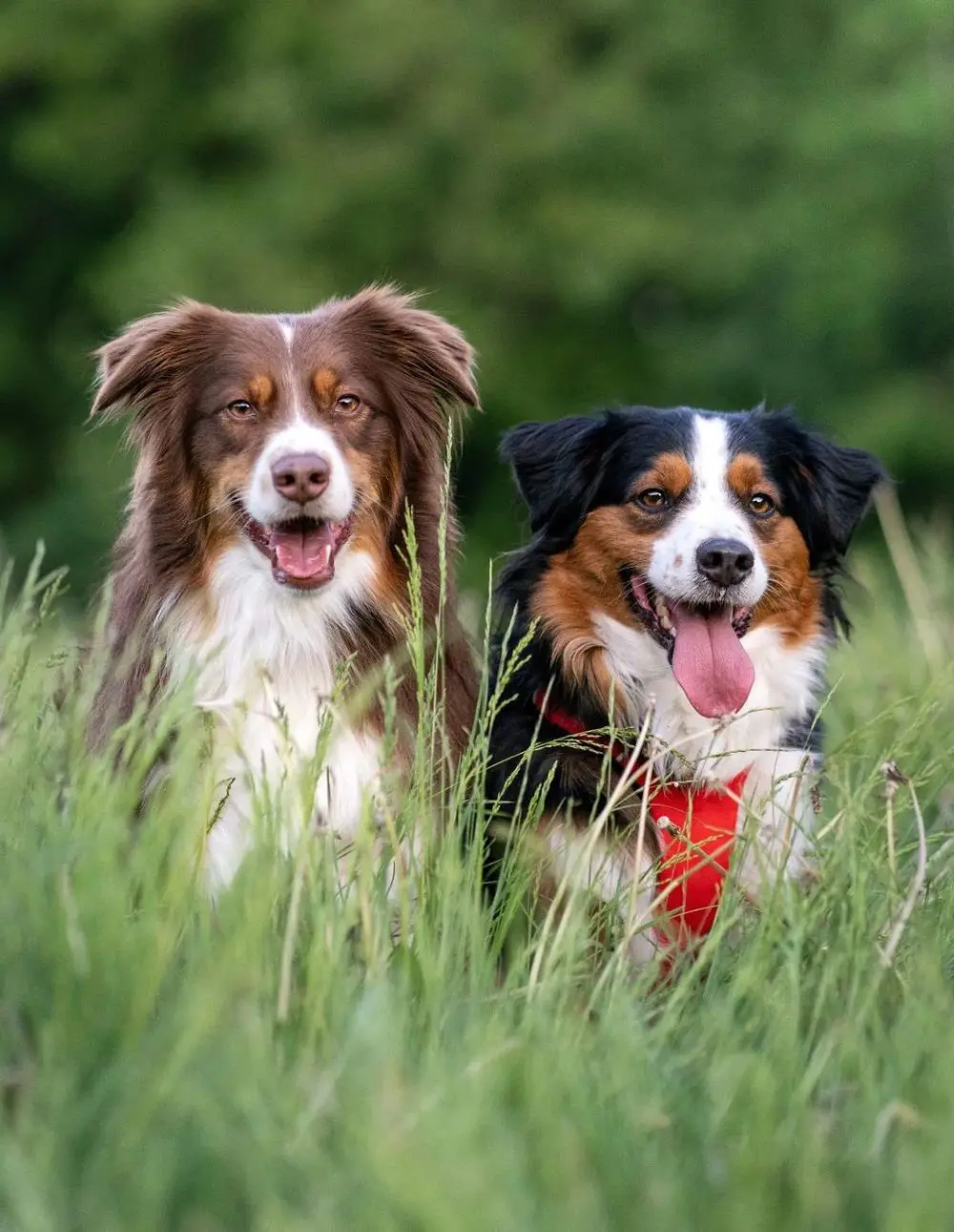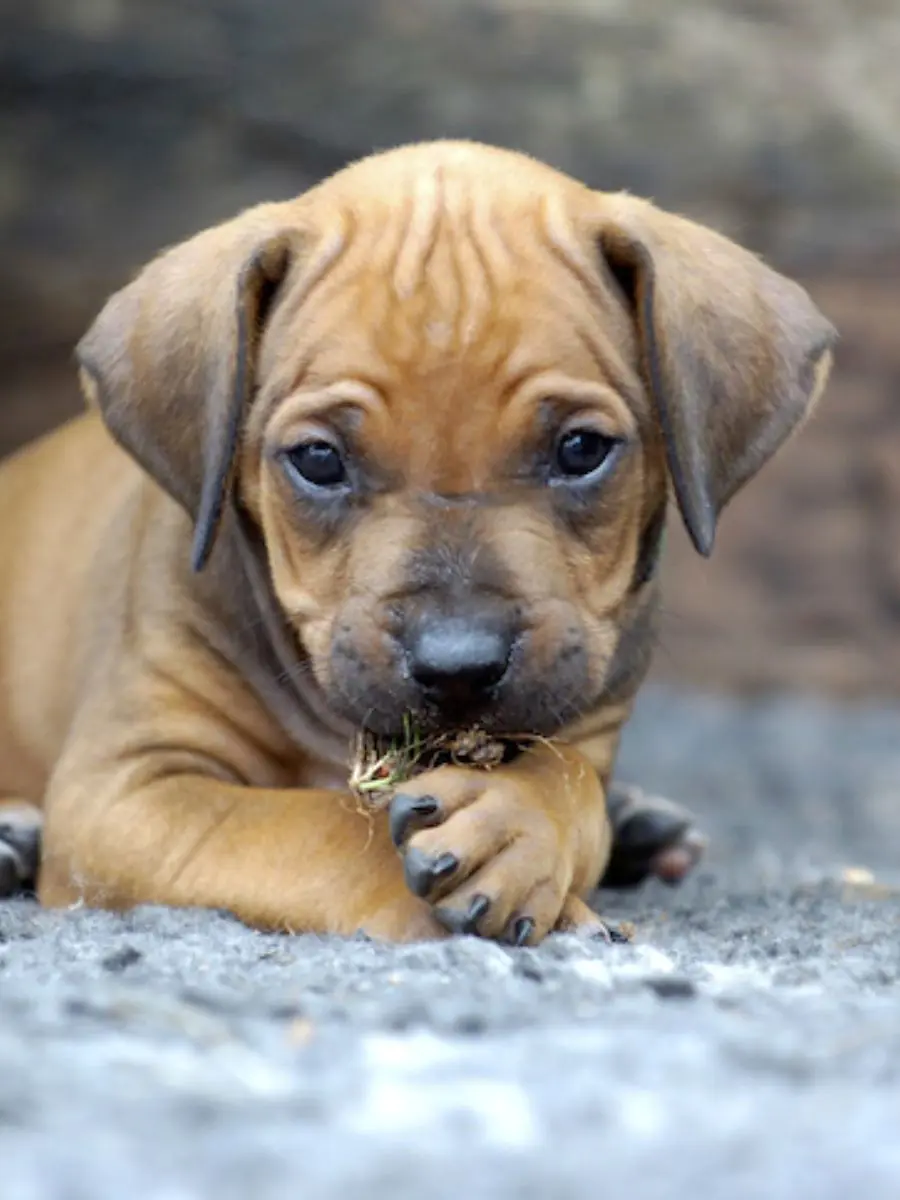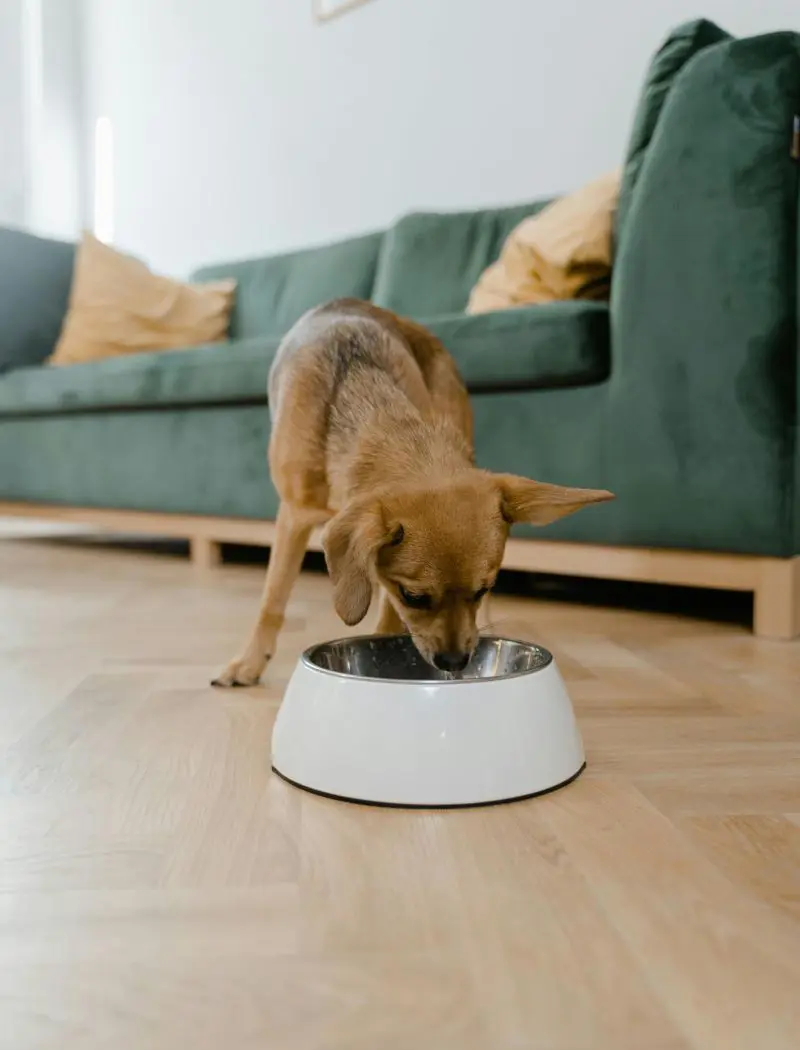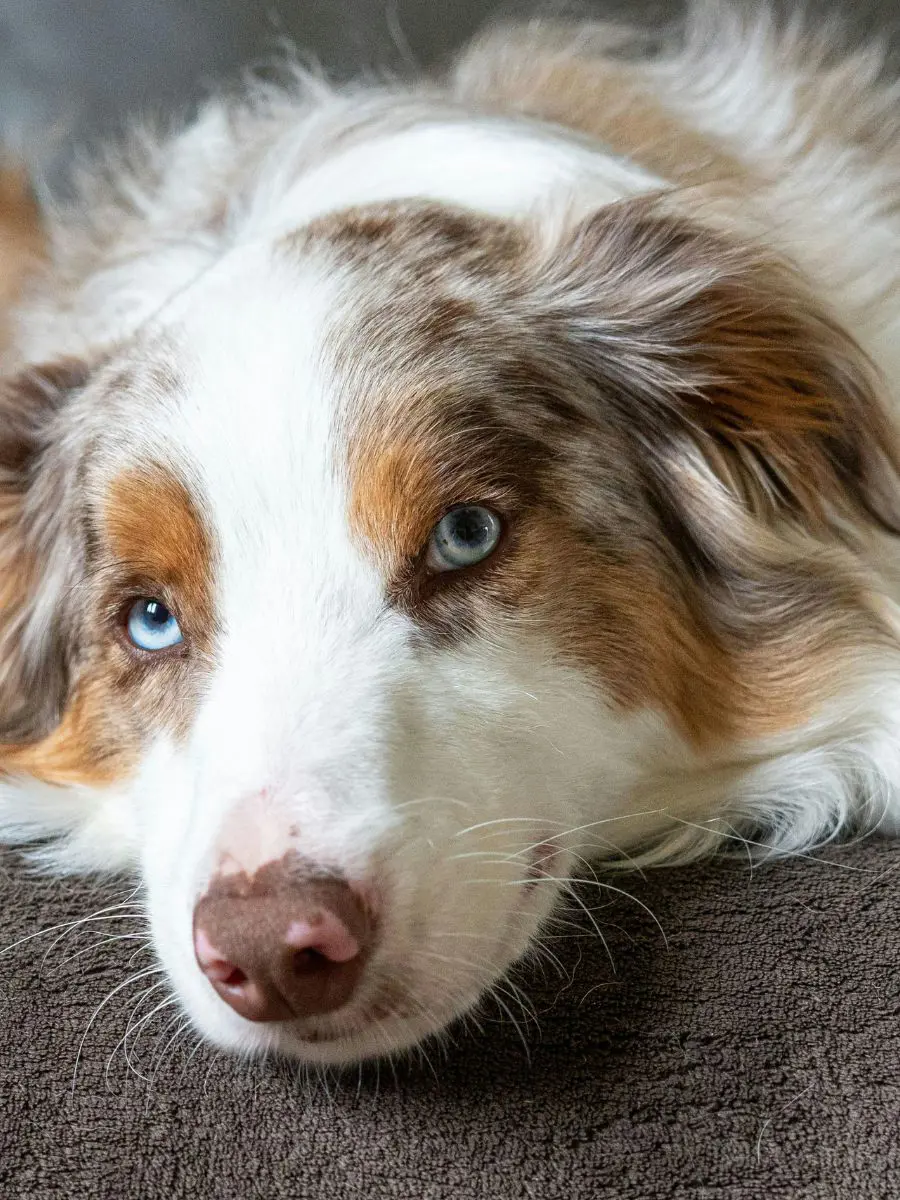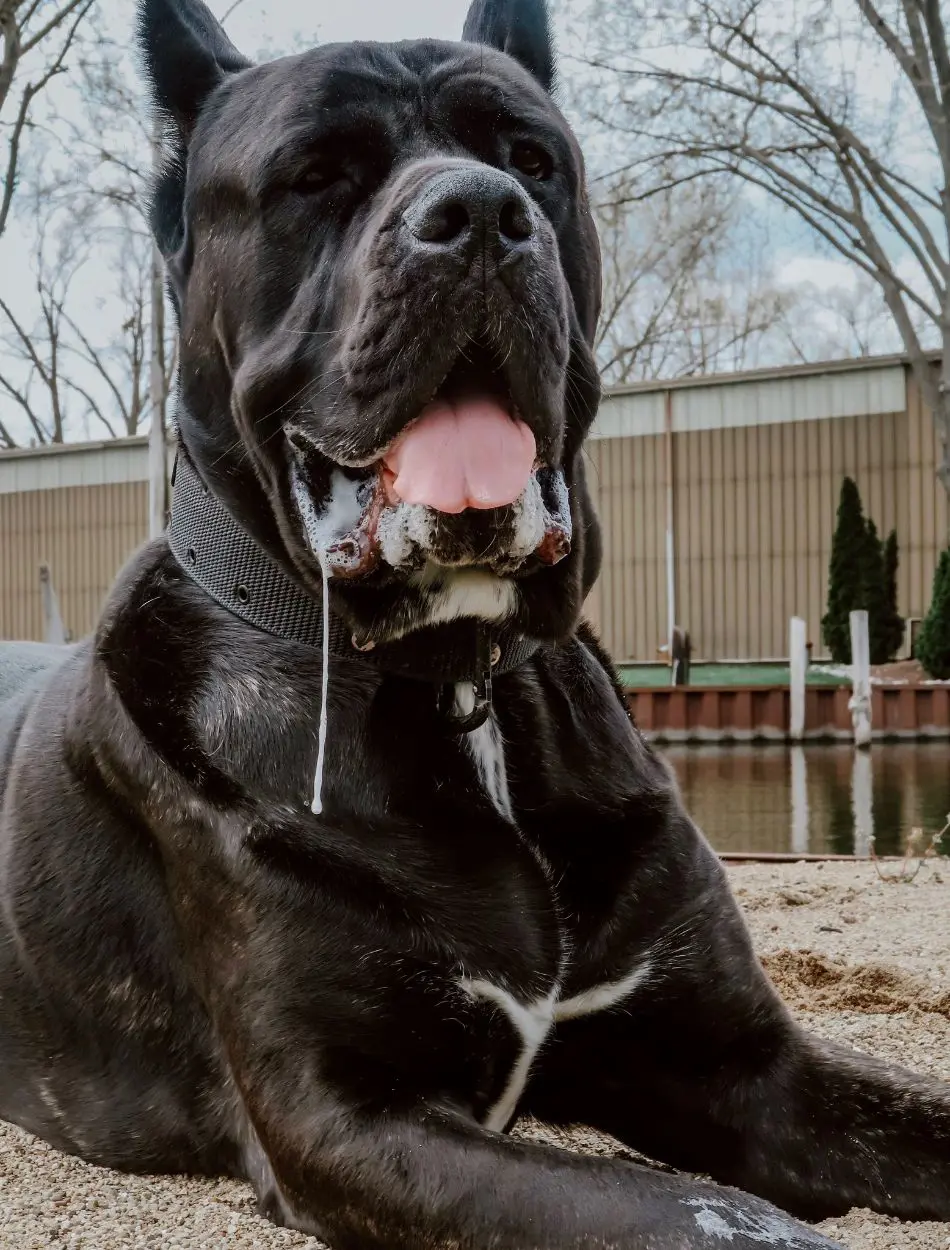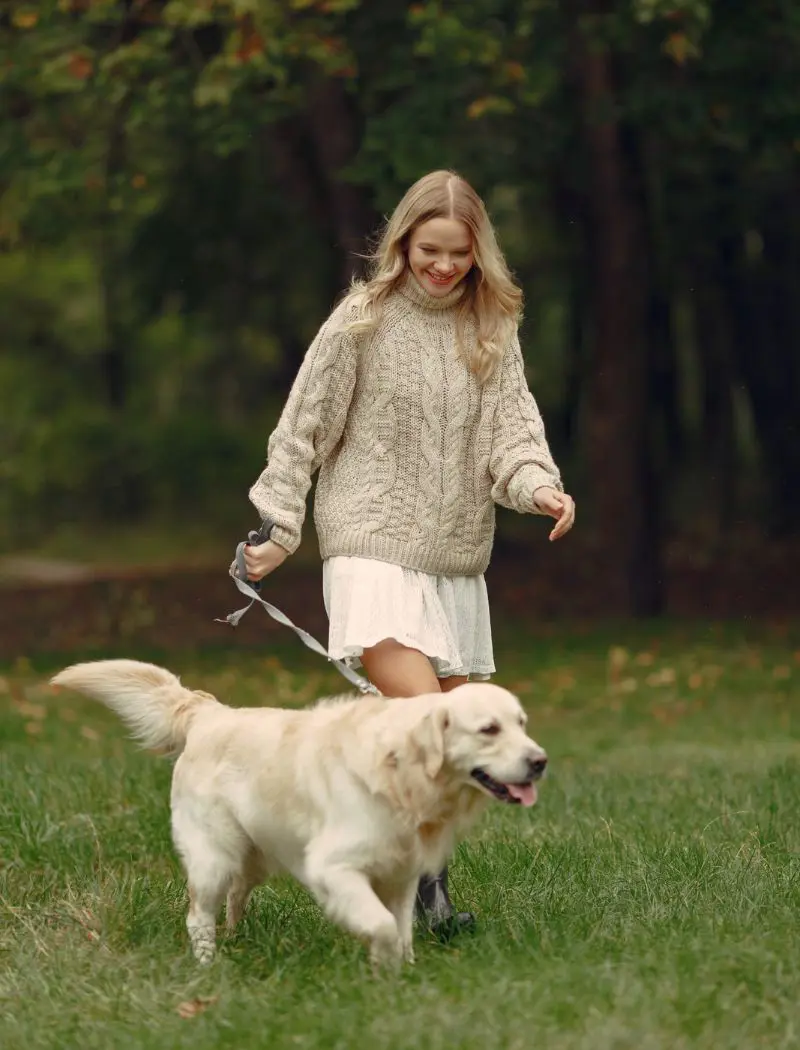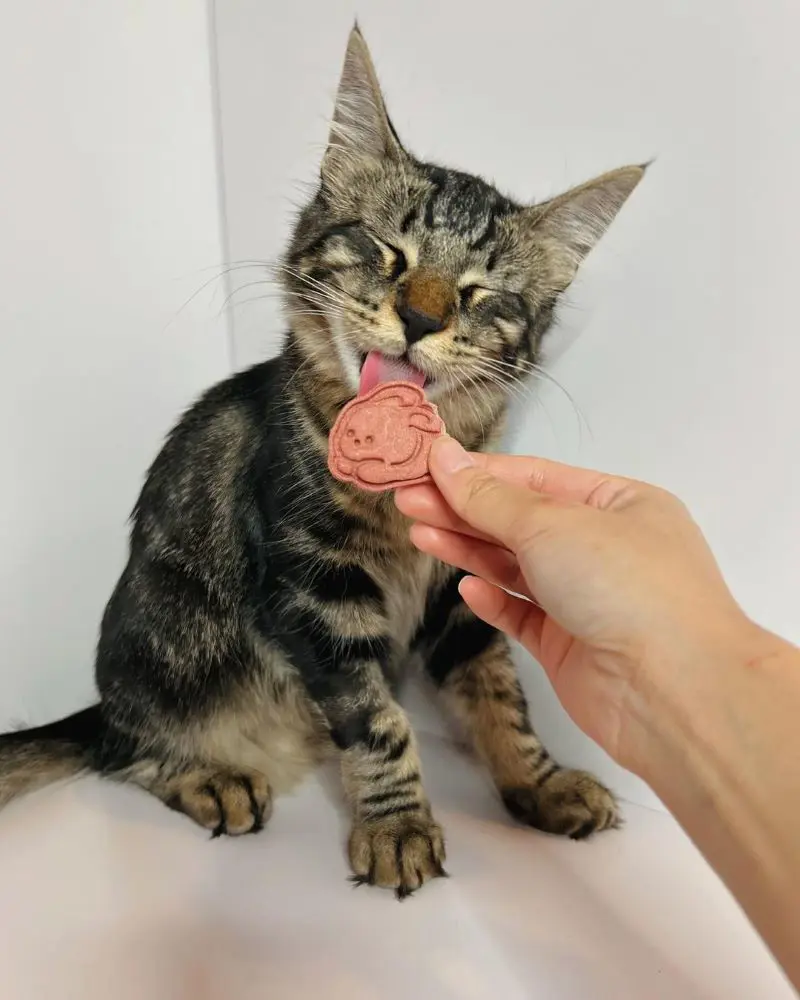Why Do Dogs Lick Their Wounds
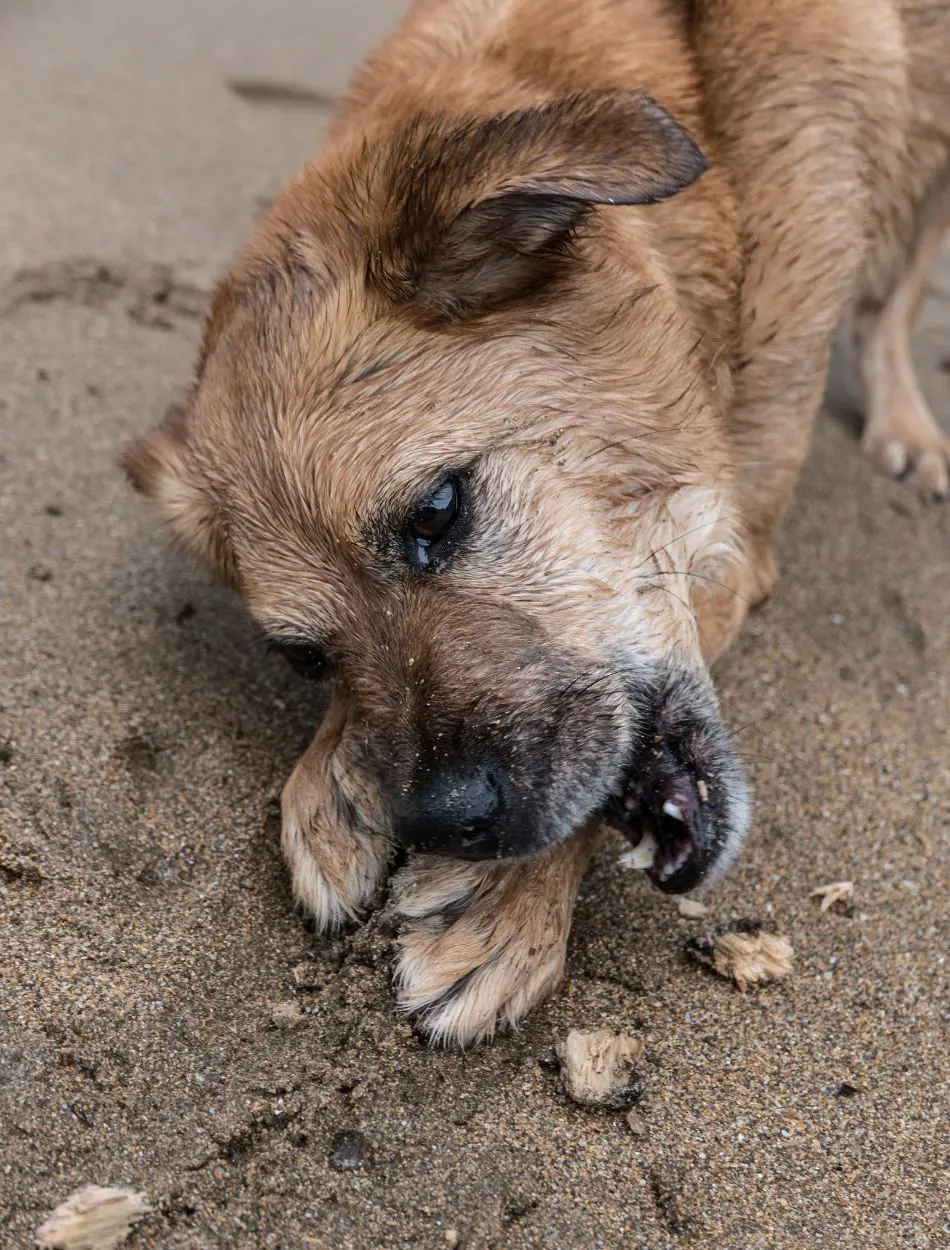
The behavior of dogs licking their wounds is one thing that raises many questions in the minds of pet owners. This is a natural way for dogs to look after themselves, as obvious as it sounds and as intuitive as they are in nature there are certain risks involved.
In this blog, we will have a look at why dogs lick their wounds if the saliva of your dog can heal the wound, and how you could make sure that your furry friend heals properly.
Pain Relief
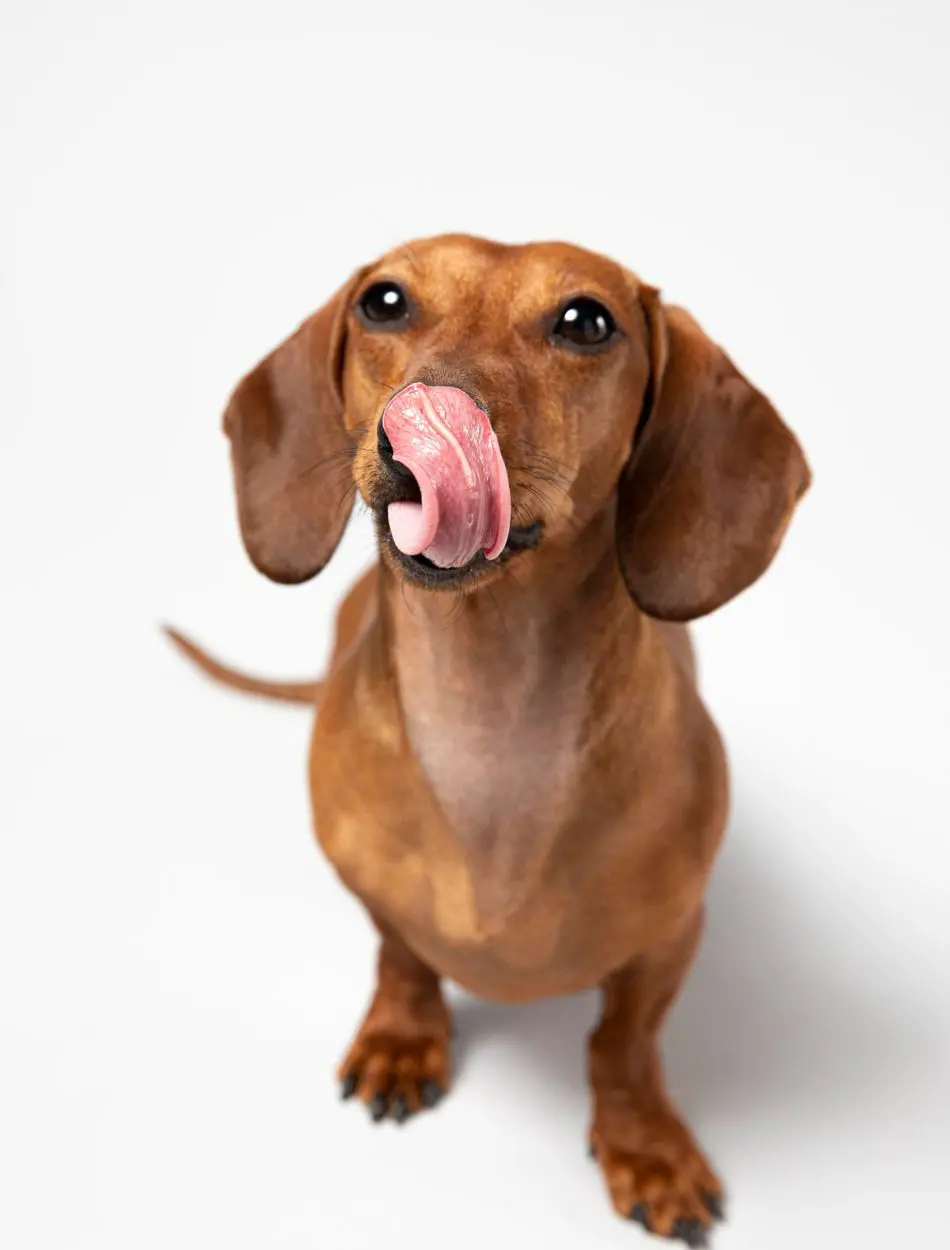
Licking a wound stimulates the release of endorphins in dogs, natural painkillers. These hormones feel good for the dog and are temporary pain relief against the discomfort of the wound. This soothing effect encourages them to lick more, which reinforces the behavior.
However, the mere act of licking causes irritation and swelling, which can complicate recovery. While comforting, this is not always good for healing. If one notices excessive licking of a wound by their dog, it's time for intervention to stop further damage.
Instinctive Behavior
Dogs have the instinct to lick their wounds because it is a survival trait passed down from their ancestors who lived in the wild. Wild animals, on the other hand, would clean and comfort the wound by the act of licking, thus not easily getting infected.
Thus, this is an instinct ingrained in them, and they seem to believe this is what they must do for healing. While natural, sometimes the excessive act of licking will do more harm than good.
This particular instinct, if anything, would be unnecessary for today's dogs, given better care. Nonetheless, they still follow this age-old practice when they sustain an injury.
Scent Marking
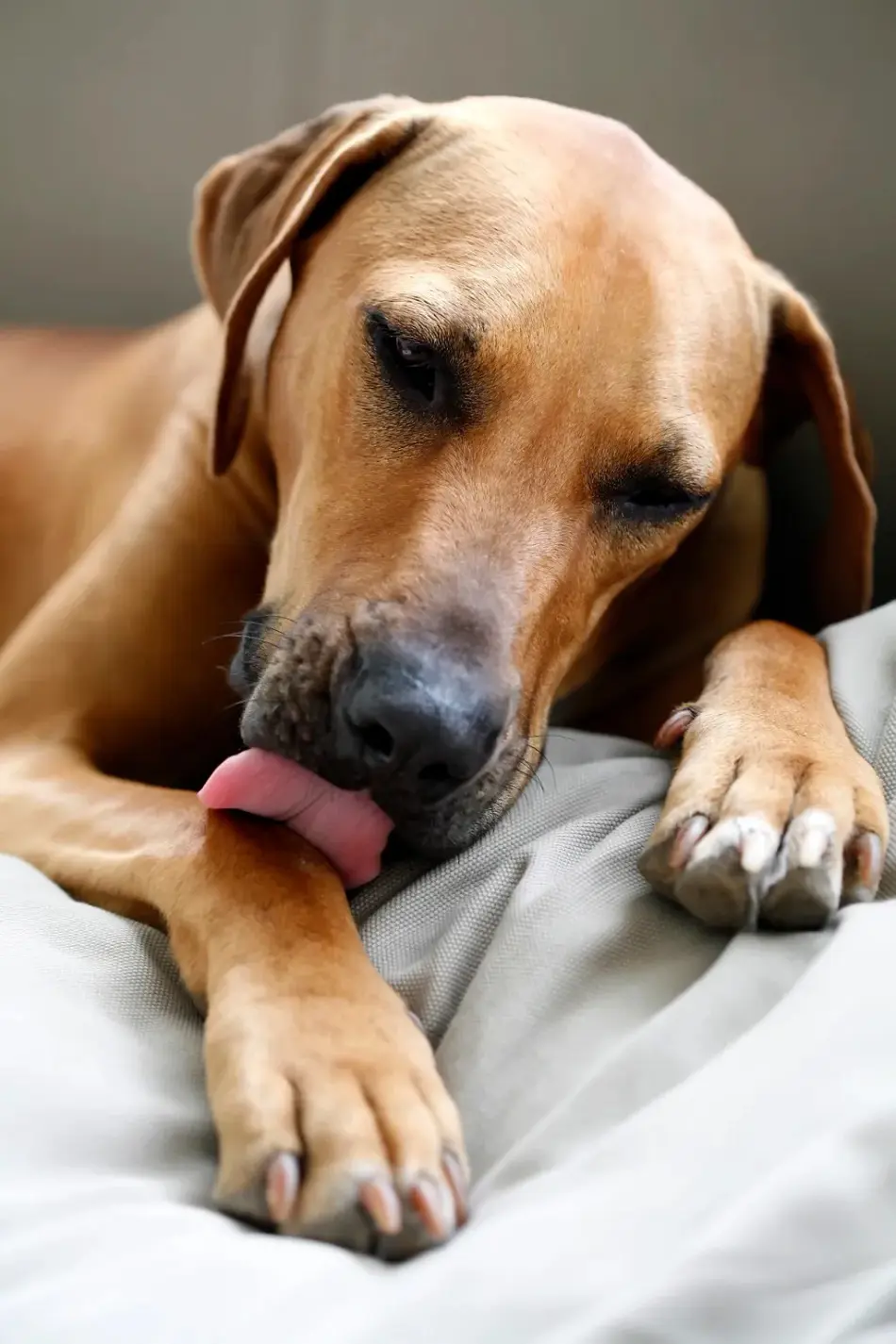
It might also be that, by licking, dogs claim ownership of the healing process of their bodies, marking their scents on the wound. This territorial response might appear bizarre, but the world of canines is hugely governed by scent in their communication and ownership, so, in a manner of speaking, when they lick, they cover it with their scents, which might make them feel more secure.
This can, however, boomerang into excessive licking, leading to infection. Instincts of dogs do not all align with what is best for wound care, thus, monitoring is very vital.
Nutritional Deficiency
Licking wounds are one of the symptoms of nutritional deficiency in your dog's diet. Dogs also tend to indulge in excessive licking when they are deficient in certain minerals and vitamins as a way of self-soothing or instinctively taking care of their bodies.
Overall health related to proper wound healing requires a diet with all nutrients in balance. If a dog is constantly licking and there appears to be no other cause, that can be due to an imbalance in nutrition.
Ensuring that your dog does not lack any nutrients will get rid of the extra time used in licking. These are two reasons why consulting a vet about your dog's diet may resolve both issues of licking and promoting healing.
Imitation Of Other Dogs
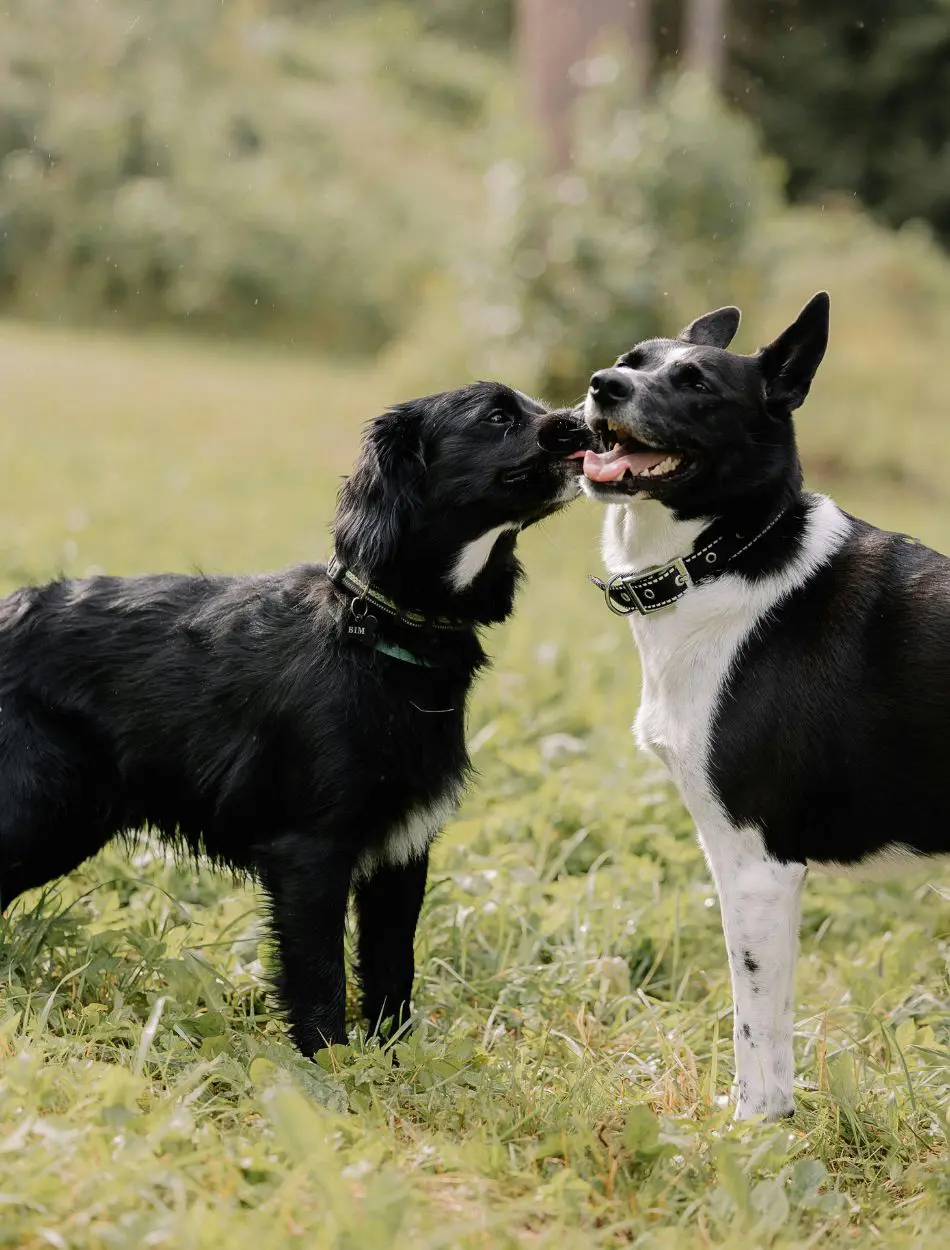
Dogs learn behaviors through imitation as well, if your dog witnesses another pet, or even a human for that matter, tending to an injury by licking or touching, they will act similarly. This may turn into a learned behavior in the dog, leading to the persistence of licking even when there is no abrasion to administer as grooming.
Imitation forms one of the prevalent social behaviors of dogs. However, it is far from harmless if such activities will lead to excessive licking of body parts. Training dogs to exhibit different behaviors disrupts the imitative cycle and improves their wound care.
Attention-Seeking Behaviour
Dogs are smart, and they know exactly how to get their owner's attention, licking a wound may simply be one of those tactics. If the dog learns that licking gets them attention, which can be positive or negative, they will continue with this. While the reason for their initial licking is valid, over time this can become an attention-seeking habit.
This is destructive if left unchecked, as it serves only to exacerbate the injury. To avoid this, reinforcement of the behavior through excessive attention is not advisable. They could be distracted by providing positive reinforcement for other behaviors.
Coping Mechanism
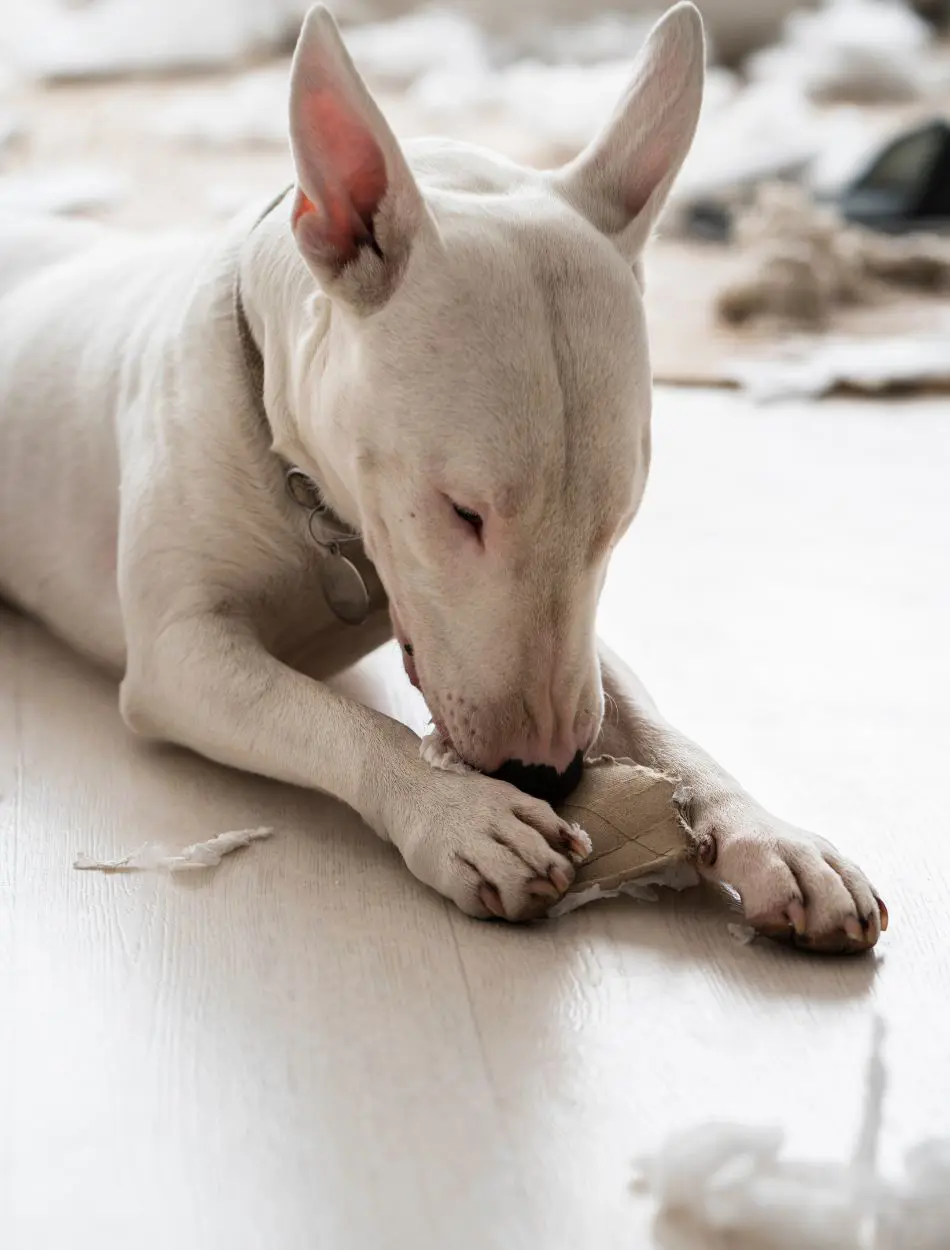
Dogs generally use licking as one of the coping mechanisms when faced with stress, anxiety, or pain due to an injury. Just as human beings have coping mechanisms, so do dogs, such that when stressed or overwhelmed, it may be easy to find themselves licking wounds.
This is a repetitive soothing action that diverts them from pain or discomfort experienced at that particular time. However, this turns out to be destructive because continuous licking causes further damage to the wound. The root cause of the dog's stress should be attended to in order not to have them rely on this destructive behavior, hence, either behavioral training or providing calming aids can be a good strategy to reduce anxiety and subsequent licking.
Grooming
Earlier, it had been said that dogs practice licking as it involves grooming, a common activity for them to keep themselves clean. In case of injury, this is continued on the wound as if it is just the body's extension of grooming. They may try cleaning the area but persistent licking will only impede the process of healing.
If unchecked, this could result in worsening of the wound itself. By over-licking, dogs are often not even aware that they are causing tissue damage. This is where the owner's role of observing and regulating excessive licking comes in to ensure proper healing.
Hidden Skin Disorder
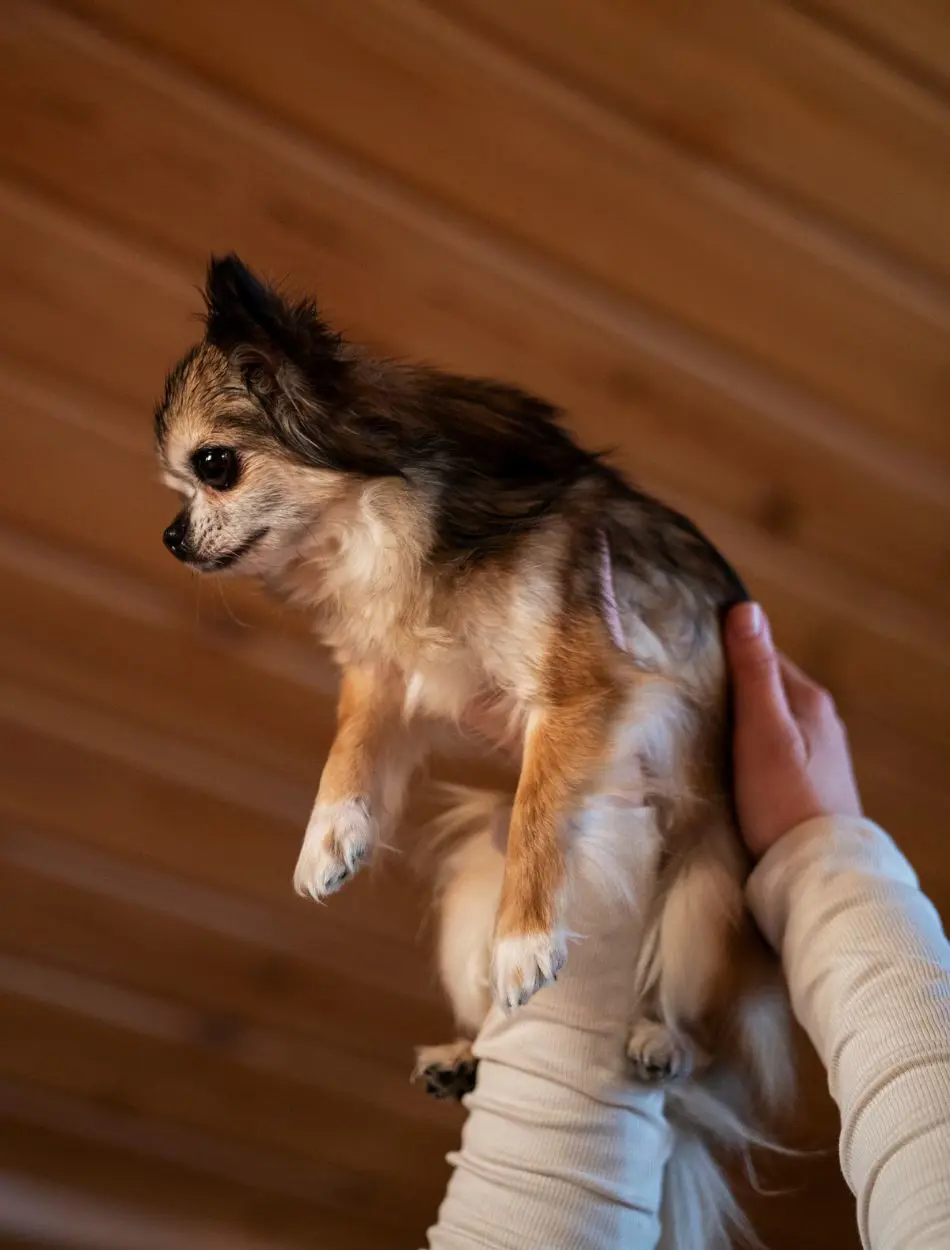
At times, there are instances where dogs lick their wounds as a result of an underlying skin condition such as dermatitis or fungal infections. All of these can irritate them, and they will continuously lick the area to try to comfort themselves. While trying to soothe pain or discomfort, it's usually the case that licking causes more harm to the already wounded area and increases the skin condition, too.
If your dog is continuously licking and does not have wounds, that could be a symptom of some other issue. Consulting a vet would, therefore, enable the diagnosis and treatment of skin problems perpetuating the excessive licking of the fur coat.
Itchiness
As wounds heal, they may become itchy, which could also cause a dog to lick more. During the healing process, irritation occurs commonly and licking is one natural method by which a dog tends to relieve itself. Although it may feel good at that moment, licking disrupts the healing tissue and can further complicate things.
Through their actions, dogs may not comprehend that by continuing to lick, they are setting back the healing process. Soothing creams or bandages ease the itch without the need for licking. Onsets are to be kept under observation by the owners during this stage for the wound to heal correctly.
Soothe Inflammation
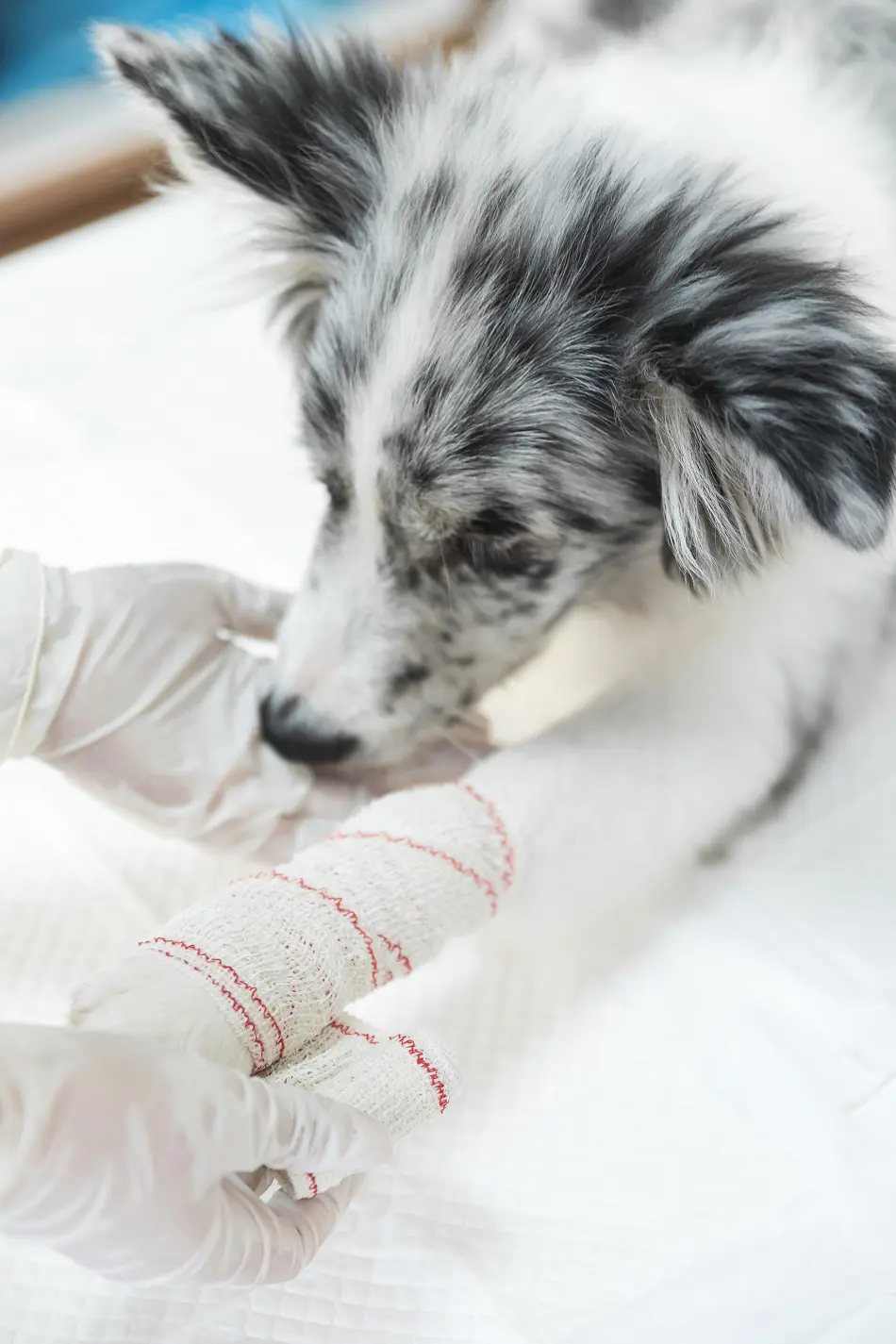
Dogs usually tend to lick wounds to soothe inflammation or swelling that may occur around a certain injury. The cooling action of the tongue will temporarily soothe, taking some of the discomfort away from the inflamed tissue. However, in as much as this is very comforting for a short period, the constant licking will extend the inflammation because of the moisture and bacteria transferred by the tongue.
Inflammation will cure itself once treatment is applied to it, but a dog with its tendency to over-lick prohibits this process. Owners should seek veterinary advice to manage the swelling and prevent the dog from worsening the area through its instinct to lick.
Antibacterial Properties
Dog saliva has a variety of enzymes that have mild antibacterial actions. This, therefore, enables them to fight off minor bacterial infections that may further reduce infection in minor wounds. These compounds have some sort of advantages, but they are not strong enough to completely guard the wound from infection.
The mouth of a dog contains bacteria that could be harmful and hence introduce new infections into the wound. This mixture of good and bad bacteria in their saliva makes acting upon it for healing dangerous. It is better to clean the wound properly and then seek professional care.
Habituating Behavior
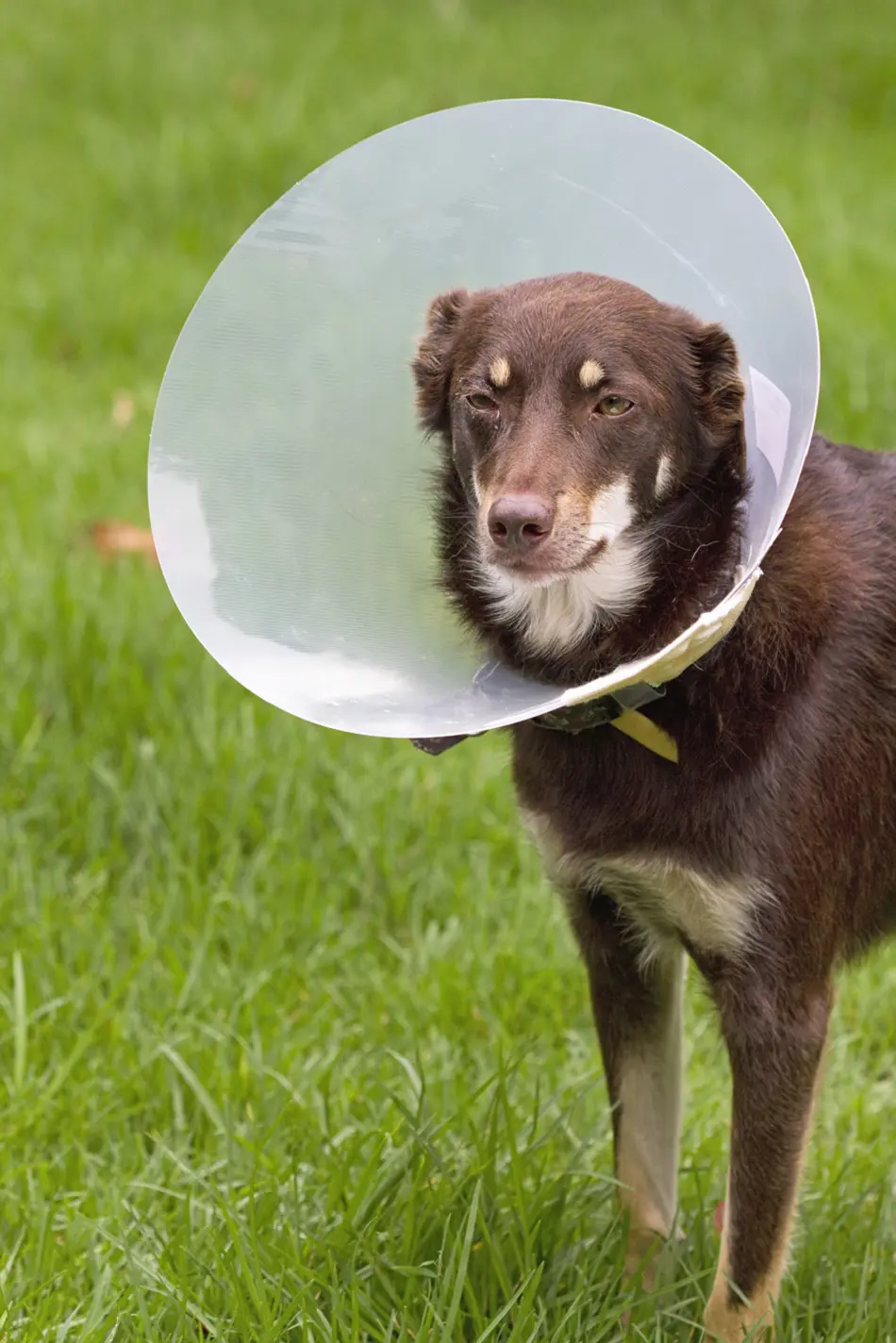
For some dogs, licking becomes a sort of habit especially if they have injured a certain portion of the body. Even after the wound heals, they might continue licking since this provides them with something that they are used to. These kinds of habitual behaviors are rather difficult to eliminate, and they can generate further issues such as hot spots or skin irritation.
It needs help in breaking the cycle because it is all habitual licking, and if left to progress further, it will only continue causing damage. It is managed through behavioral training, distractions, or using protective gear like collars for this deeply ingrained habit.
Natural Cleaning Method
Dogs naturally feel that licking cleanses disinfects the wound. For them, it is the only way the injury will remain clean and free from harmful agents. In this method of cleaning, though well-intentioned, the dog often reintroduces harmful bacteria from their mouth into the wound.
This may have worked for wild dogs but domesticated animals need increasingly advanced forms of care. Owners should thus be more interested in cleaning and providing antiseptic solutions. Today, a natural process of cleaning is insufficient to ensure good care of the wound.
Compulsive Behaviors
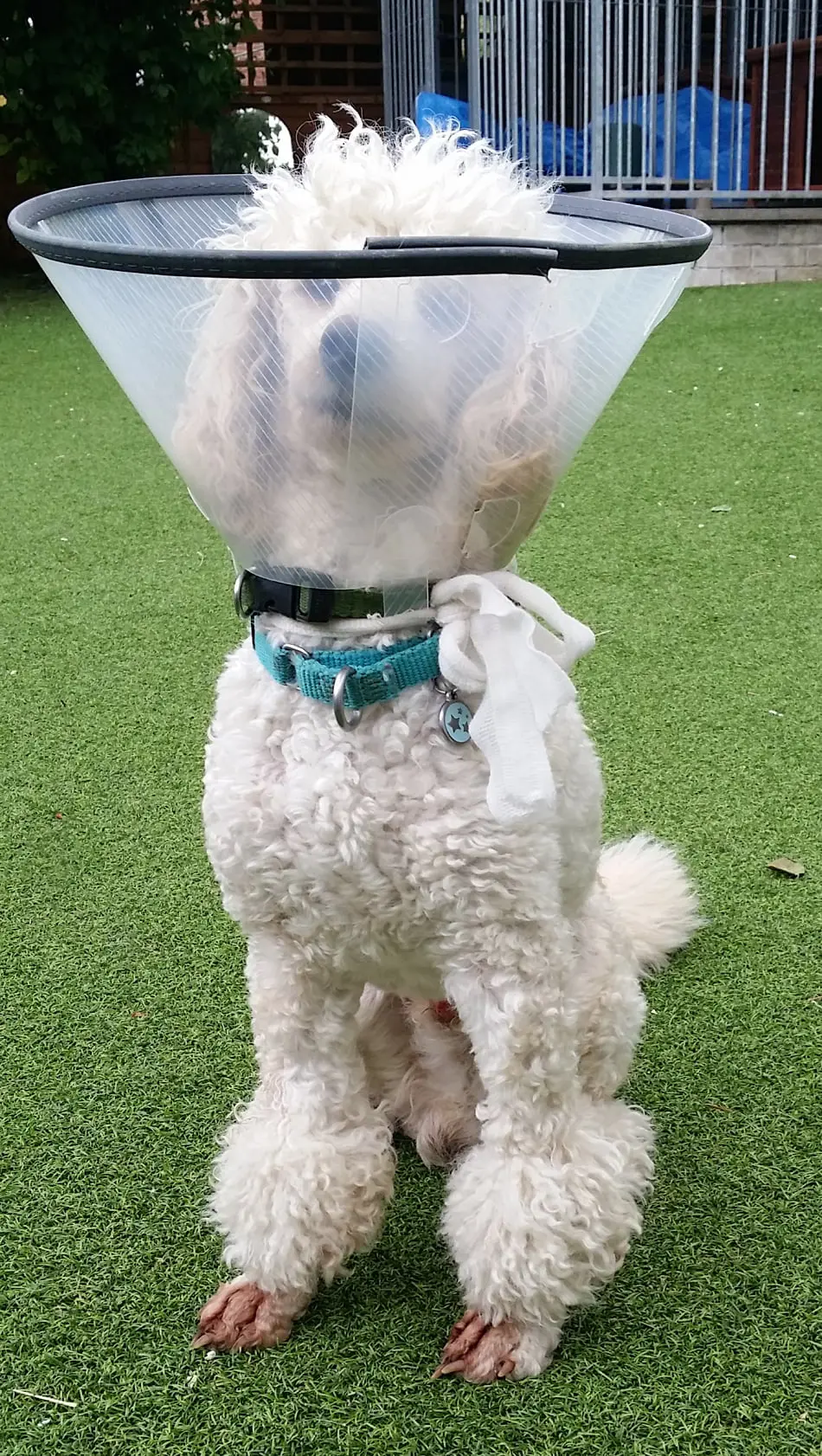
Some dogs develop a kind of lick that is compulsive, exceeding wound care which may be an anxious compulsive action, one of boredom, or from other behavioral causes. When this happens and the dog starts obsessively to lick an injured area, the wound condition worsens.
Such habits owners find hard to break as it is comforting for the dog in repetition. Over time, the wound can become serious as constant licking prevents healing and may cause secondary problems. Training or behavioral intervention with physical barriers such as collars may be required to break this habit.
Possible Complications
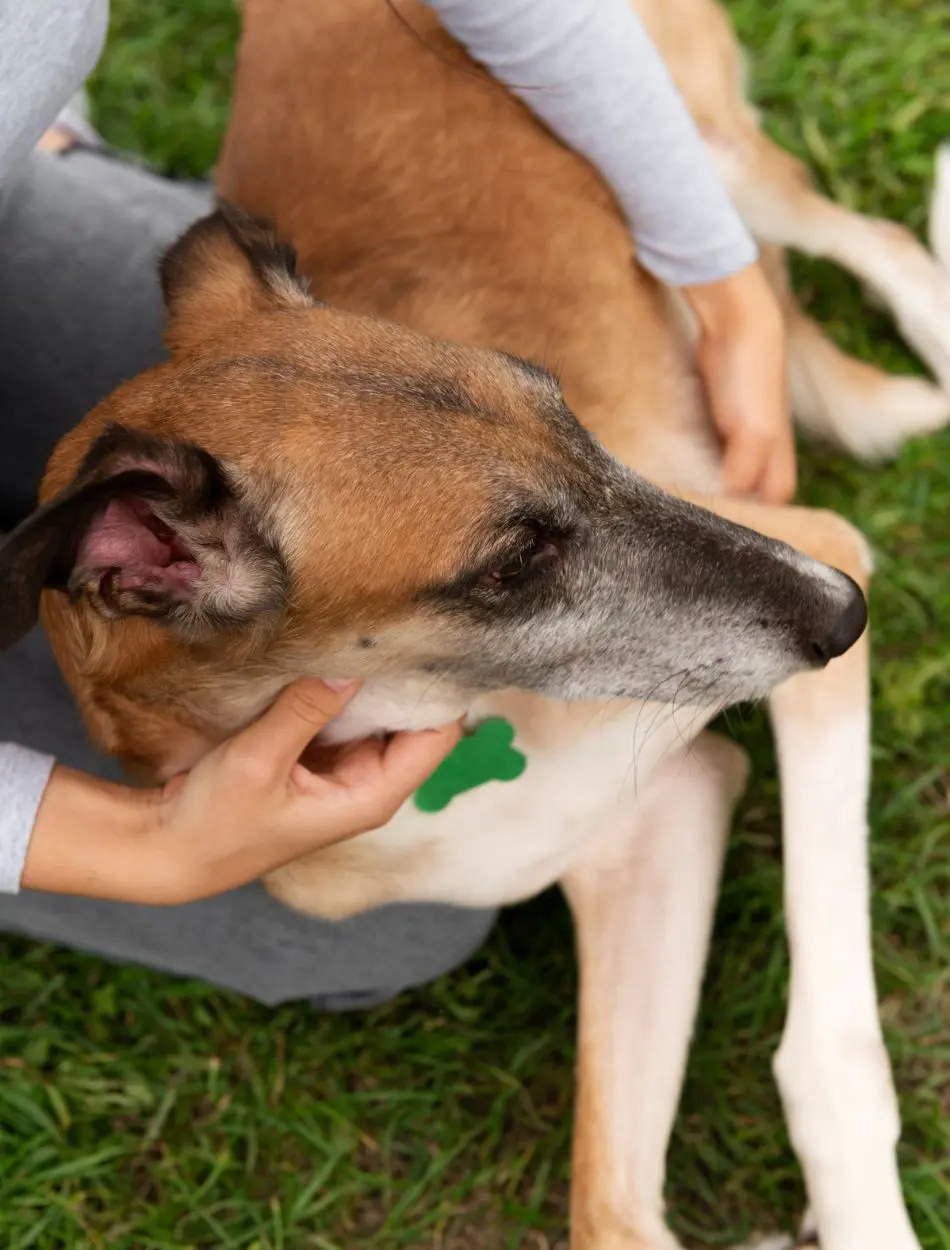
Dog saliva, though mild in its property antibacterial activity, does contain pathogenic bacteria and is in a position to easily penetrate an open wound with infective causative agents, thereby leading to complications or infection. Excessive licking increases the risk of introducing pathogens into the area of injury.
As soothing as licking may be for the moment to the traumatized dog, it is certain to bring more harm in the long run. Attention should be paid to dog owners, who observe the injury site and forbid their dog from excessive licking. Dressing the site with a bandage or the use of an Elizabethan collar minimizes the chances.
Licking Infection
Even though it is instinct that dogs may want to lick their wounds, this can cause infection. Dogs have several different bacteria inside their mouths, and if one of those bacteria finds its way into the wound, it may be quite detrimental.
Excessive licking opens the wound further and creates a pathway for bacteria to take hold. Such bacterial invasion causes an infection that delays the healing process and necessitates treatment by a veterinary doctor.
Dogs are mostly unaware that they are aggravating the problem by persistent licking. To avoid such hazards, owners should take precautionary measures to prevent excessive licking of wounds by dogs.
Increased Irritation
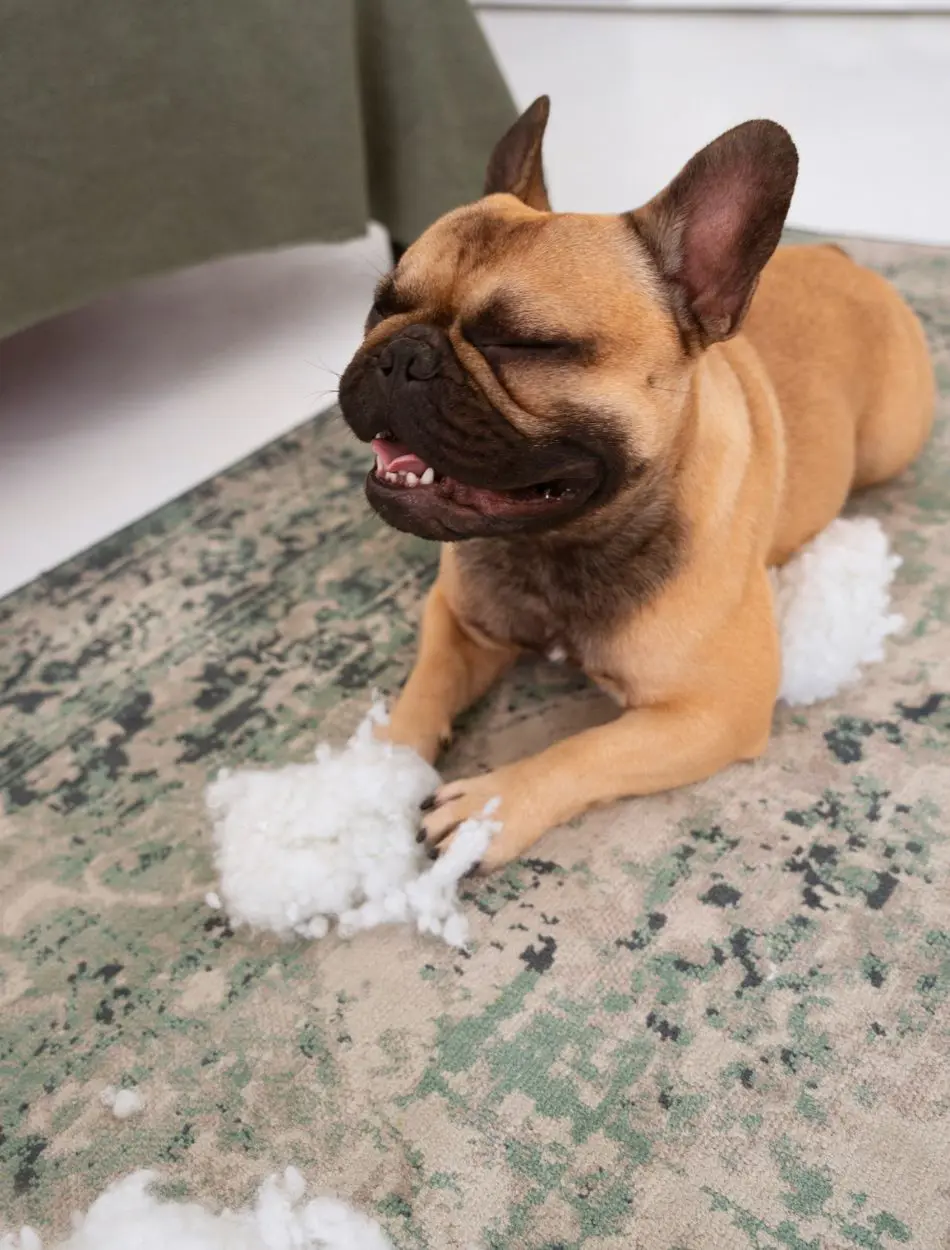
This excessive licking can irritate an open wound and inflame it and the friction of the tongue is constant and irritates the injury, making healing more difficult. They simply may not realize their actions are making things worse, and it is a habit with them. The irritation eventually causes more discomfort, promoting swelling or infection.
It becomes a self-perpetuating problem: the more discomfort, the more licking; the more licking, the worse the problem. Breaking this vicious cycle is important for the normal process of wound healing.
Preventing Healing
Excessive licking prevents the healing of a wound correctly, because when the dog opens up the scabs or reopens the wound. The perpetual moist atmosphere created in the wound through licking is also unsupportive of the healing process.
If too much licking is done, it inadvertently leads to the removal of the scab or disturbance in the formation of new skin by the dogs. This prolongs the healing process and could even interfere with the wound's complete closure. Due to this fact, an owner should closely monitor his pet and try as much as possible to prevent excessive licking for faster recovery.
Veterinary Intervention Is Key
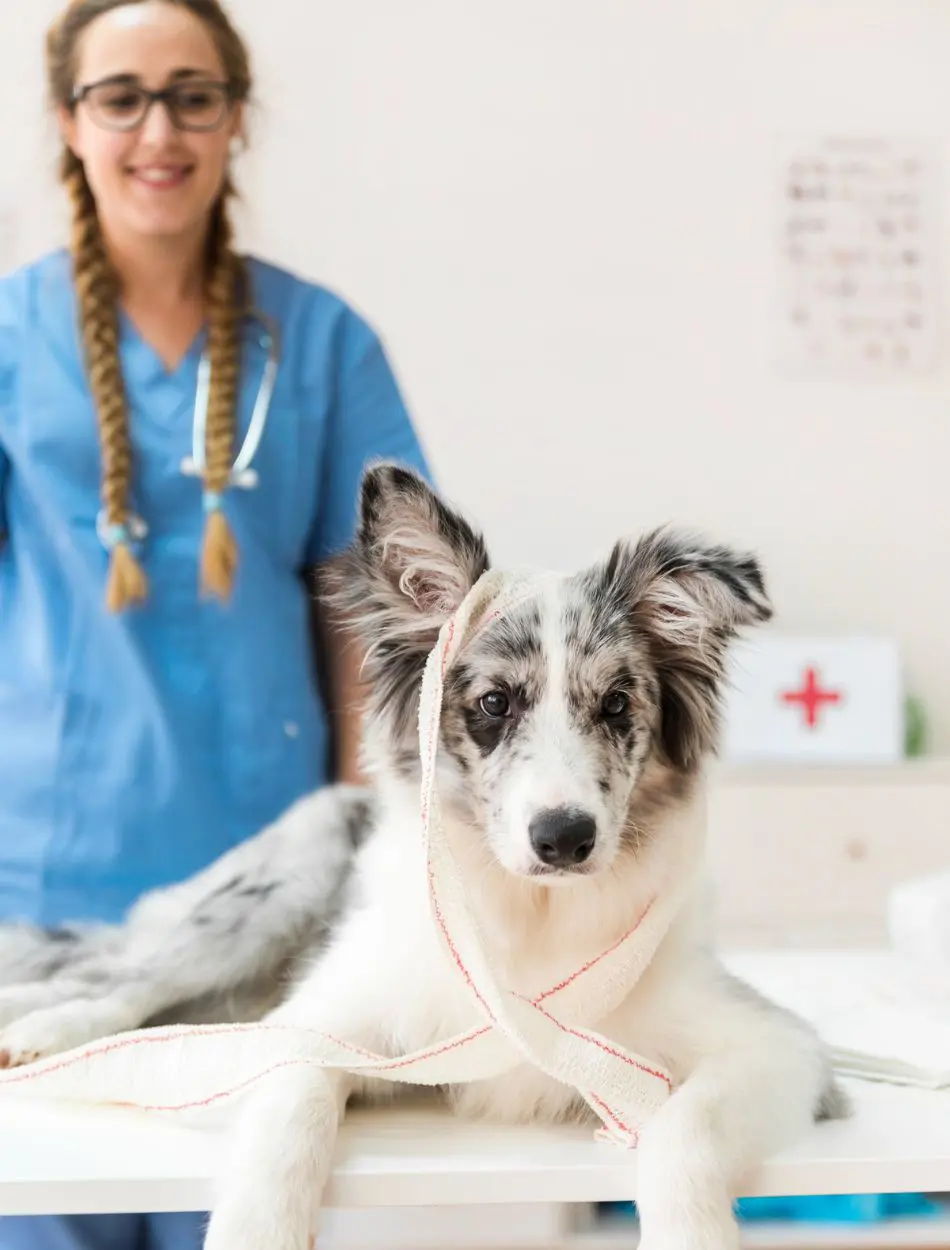
While instinctively dogs lick their wounds, many times veterinary care needs to be sought for proper healing. Improper wound healing, infection, delayed recovery, and complications may be brought about by depending on licking.
A veterinarian can be of immense help in advising on the management of wounds apart from prescription and appropriate solutions to prevent chronic licking of the affected area. It is thus important for the owners of dogs to know when the dog is over-licking and seek medical attention.
A combination of proper wound management and prevention of licking will ensure a quick and safe recovery for your canine companion.
Recent posts
Dogs
Why Is My Dog Panting? 18 Reasons For Breathing Fast
Dog owners, those in tune with their pets, can often notice a change in their companion’s behavior. When unwell or scared, some dogs hide while others seek solitude. Similarly, panting is a normal sign of tiredness or lethargy, but can also imp...
10 Reasons Behind Dogs Chewing And Licking Their Paws
Some of the most harmless behaviors dogs depict are chewing on their paws. But if this obsession catches onto your pup, well, that raises a couple of curious eyebrows. Your dog's tendency towards chewing and licking can affect general health and well...
18 Reasons Why Your Dog Is Not Eating
A skipped meal here or there is normal, but your dog consistently refusing food is the cause of concern. The reasons range from dietary issues to more serious health conditions and behavioral issues. The dog may be a picky eater or there might be som...
17 Causes Of Seizures In Dogs
Don't dismiss your pet dog's uncontrolled twitching movements as harmless shivering - you may be bearing witness to the classic signs of a seizure. These sudden and involuntary electrical disturbances can drastically impact a dog's health and even ch...
18 Reasons Why Your Dog Is Drooling So Much
While drooling in dogs is perfectly normal in certain situations, excessive or continued drooling may hint at a more serious issue that requires attention. Once you know the probable causes of this drooling in your dog, you can take some necessary st...
18 Reasons On Why Is My Dog Limping
A dog limping can be a cause of concern and cause stress to owners. It is not normal dog behavior and can be a sign of health problems in dogs. Understanding why your dog is limping is important to cure this problem. This article discusses 18 reasons...
